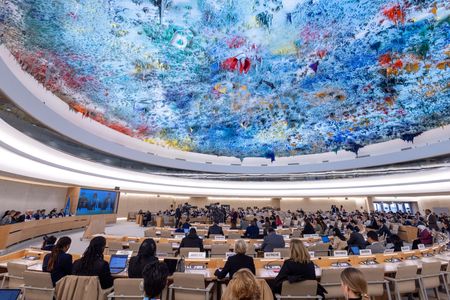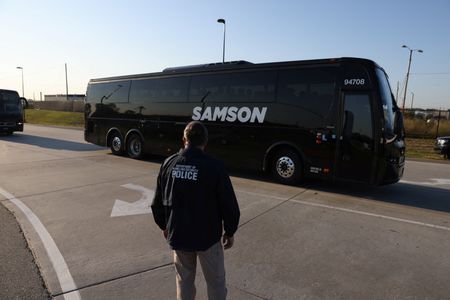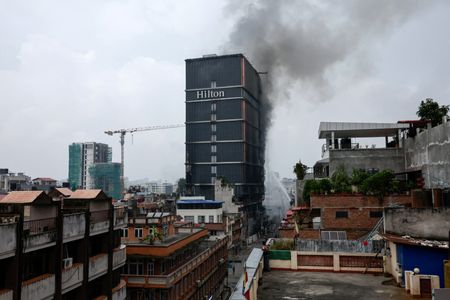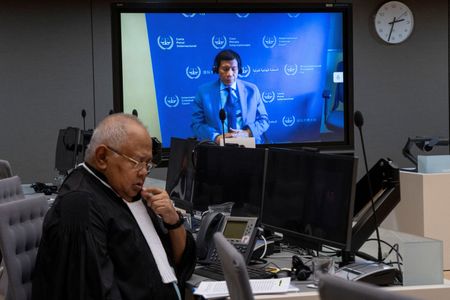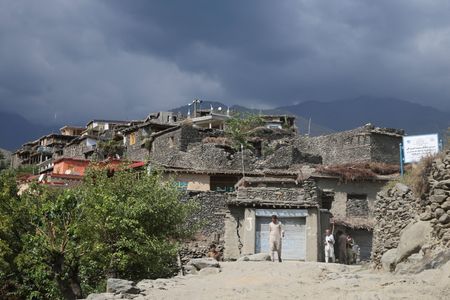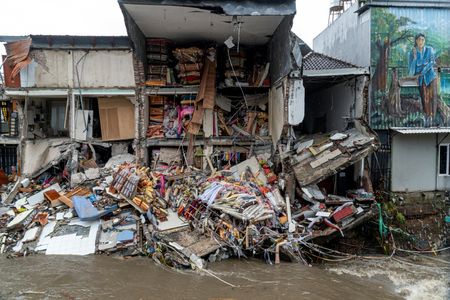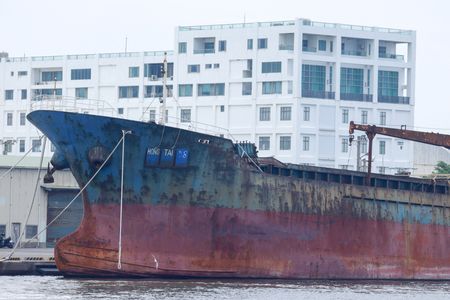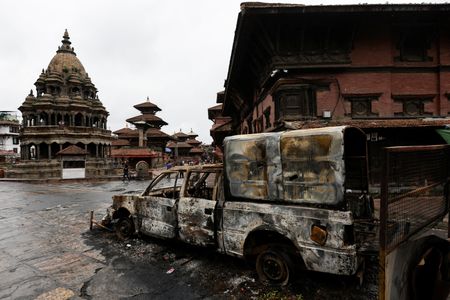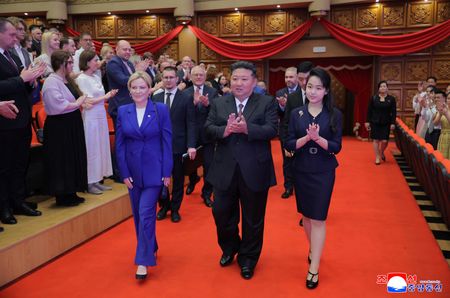By Emma Farge
GENEVA (Reuters) -A U.S. envoy told Reuters that U.S. President-elect Donald Trump’s team should stay active at the United Nations Human Rights Council, partly to counter what she described as China’s “dangerous” influence.
In his first term, Trump quit the Geneva-based body, citing an anti-Israel bias. The U.S. rejoined in 2022 under Trump’s successor, Joe Biden. Michele Taylor, who has been Washington’s envoy to the council since, said it was important to stay engaged and that she planned to make this case to Trump’s team as part of the handover.
“All of our priorities that are addressed at the council deserve to have the United States’ voice,” Taylor told Reuters in an interview.
“Our understanding is that human rights belong to individuals and China would really like to see that norm changing,” she said. “I think it’s very dangerous,” she added, expressing concerns that China’s view could be used, for example, to justify arbitrary detentions.
China, a council member until 2026, has said that each state should choose its own human rights path and that economic rights are as important as civil rights. It regularly opposes scrutiny of alleged violations, including its own.
China’s diplomatic mission in Geneva said in response to Taylor’s comments that it promotes dialogue and cooperation on human rights and has made positive contributions to the council.
“On the contrary, the U.S. instrumentalises human rights as a weapon to serve its political agenda, while ignoring real human rights crises at home and abroad,” it said.
The council, which has 47 elected members and meets several times a year, is the only intergovernmental body working to protect human rights worldwide. It does not have legally binding powers but its meetings raise scrutiny and it can mandate investigations to document abuses, which sometimes form the basis for war crimes prosecutions.
From January, Washington will no longer have voting rights, as its three-year term ends. The U.S. did not seek a second term in a decision Taylor said was taken before the Nov. 5 presidential election won by Republican Trump.
However, it may return in 2028, and in the meantime it could still participate as an observer. Observers can shape the council’s work through debates and private negotiations on motions. During Trump’s first term, Washington skipped almost all discussions, diplomats and U.N. officials say.
There was no reply to a request for comment from Trump’s incoming team.
Taylor, the daughter of a Holocaust survivor who was asked by Biden personally to take the job, said she will resign next month, as is typical for political appointees.
During her term, Taylor supported a U.S.-led push to get Russia suspended from the council over its invasion of Ukraine and aimed to keep it isolated. However, an effort to hold a debate on China’s treatment of Uyghur Muslims was voted down in an outcome some see as a blow for Western countries.
Taylor denied that it was a failure. “We have continued to make sure that the Human Rights Council is paying attention.”
Other topics on the Council’s future agenda include ongoing investigations on Syria war crimes and countering what Taylor called a “very real” bias against Israel, she said.
(Reporting by Emma FargeEditing by Rosalba O’Brien and Peter Graff)

